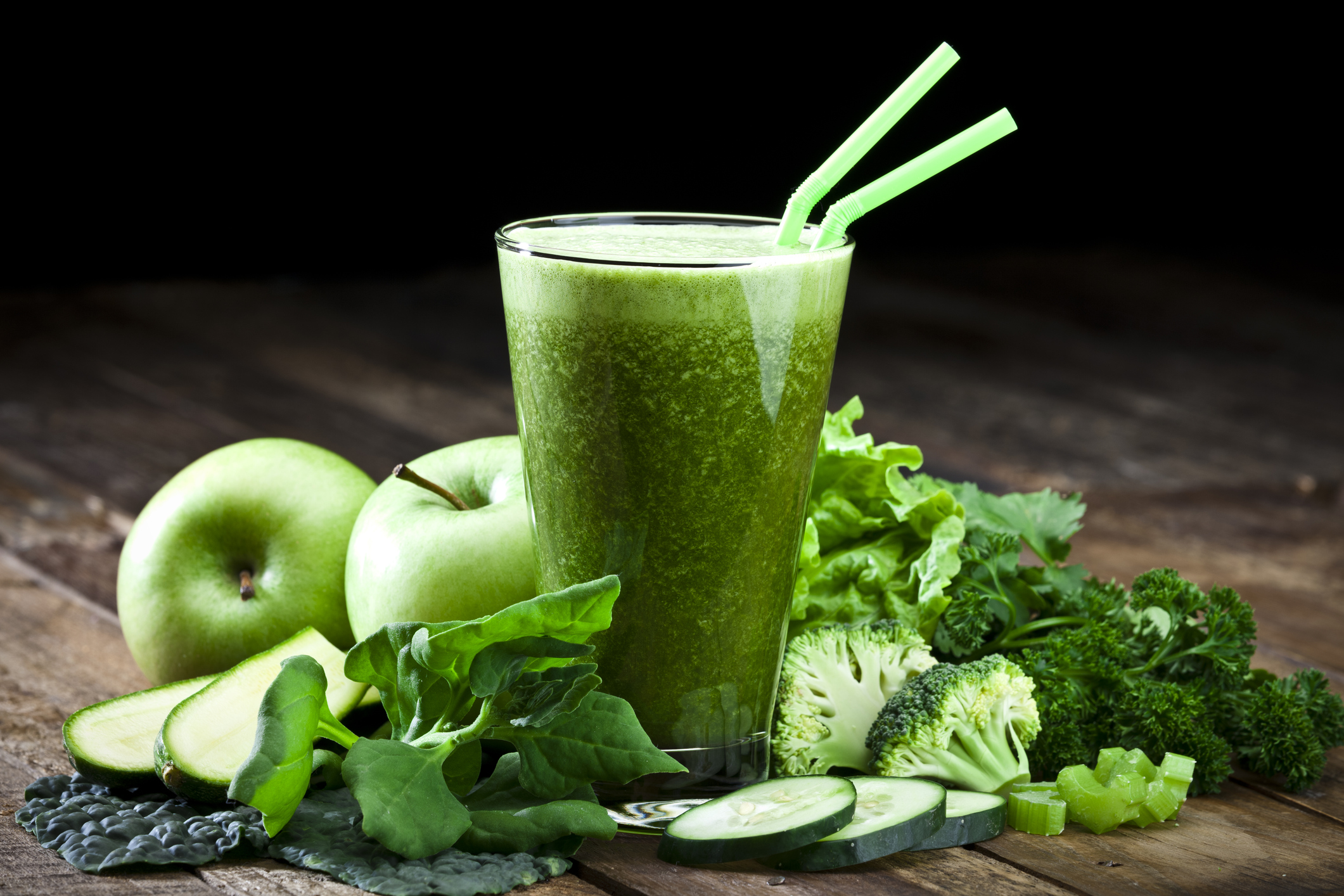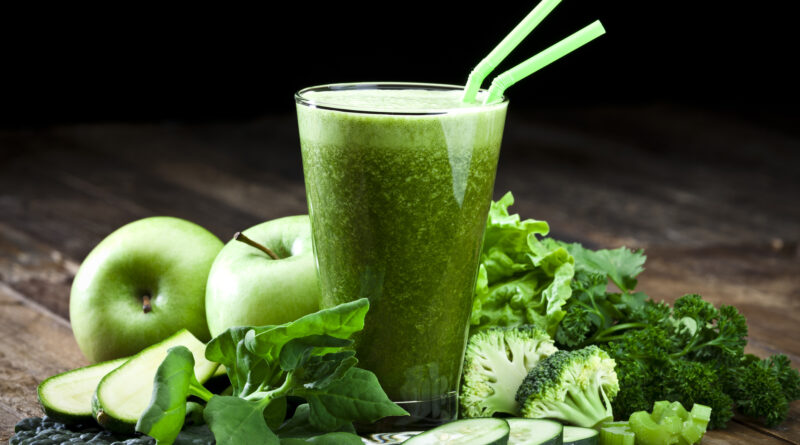Why You Should Eat Fruits and Drink Vegetables: A Guide to Healthy Nutrition
Here’s a closer look at why eating fruits and vegetables can improve nutrient intake, improve digestion, and support long-term health.

A Guide to Healthy Eating: Best Ways to Eat Fruits and Vegetables
Including fruits and vegetables in your daily diet is important for achieving good health. But did you know that there is an additional benefit to way do you eat them? Eating whole fruits and drinking vegetable juices each have unique benefits that can support overall health in different ways. This balanced approach allows you to take advantage of the best of both worlds, making it easier to achieve a nutrient-dense diet and, ultimately, a healthy lifestyle. . Here’s a closer look at why eating fruits and vegetables can improve nutrient intake, improve digestion, and support long-term health.
Why would you eat whole fruit?
Fruits are rich in fiber, vitamins, minerals and antioxidants, which make them important for various body functions. Eating fruit whole rather than juicing it offers some benefits.
1. Fiber content
All fruits retain their natural fiber, which supports digestion, regulates blood sugar levels, and promotes a feeling of fullness. Fiber also helps prevent constipation and other digestive problems, supporting gut health.
2. Satiety and weight control
Eating whole fruits can help you feel fuller for longer because of the fiber, which takes longer to digest. This can help control weight by reducing the chances of overeating throughout the day.
3. Natural sugar control
When you eat fruit in its whole form, the fiber helps to slow the release of sugar in the blood. This steady absorption prevents the rise in blood sugar associated with fruit juice, which lacks fiber.
4. Store more nutrients
All fruits contain many nutrients, including water-soluble vitamins (such as vitamin C), which can be destroyed if processed. Eating whole fruits also provides the full amount of antioxidants, which can be reduced in fruit juice due to oxidation.
5. Phytochemical protection
The skin and flesh of the fruit often contain phytochemicals with anti-inflammatory and antioxidant properties. By eating whole fruits, you benefit from these natural compounds that help protect against disease.
Why do you drink vegetables?
Juicing vegetables provides an easy way to eat a variety of vegetables and fruits that you may otherwise find difficult to include in your diet on a regular basis. Drinking vegetable juice can be a powerful way to quickly infuse your body with nutrients and support good health.
1. Low calorie foods
Vegetable juices provide a large amount of vitamins, minerals and antioxidants with few calories, making them ideal for people looking for a nutrient boost without added sugar. Leafy greens like kale, spinach, and parsley, for example, are low-calorie options that are full of important nutrients.
2. Difficulty digesting food
Juicing vegetables removes most of the fiber, which makes nutrients more easily absorbed by the digestive system. This can be beneficial for those with digestive problems or people who want to relax while consuming important nutrients.
3. Increased vegetarianism
Juicing allows you to eat many more vegetables in one sitting than you can eat whole. For example, it may be difficult to eat a lot of leafy greens, but cross-fertilizing them makes it easier to incorporate these nutrients into your daily routine.
4. Effects of alkalizing
Many vegetables, especially green ones, are alkaline in nature, which can help balance the body’s pH and support functions such as reducing inflammation and helping to remove toxins.
5. Hydrating and refreshing
Drinking vegetable juice hydrates the body and can be refreshing, especially if you use vegetables that have a lot of water, such as cucumbers and celery. Staying hydrated with nutrient-rich drinks can improve energy levels, skin health and overall energy.
Healthy ways to eat fruits and vegetables
To get the most out of eating fruits and vegetables, consider the following tips.
1. Eat fruit alone or before a meal
Eating fruit on an empty stomach or before meals can improve digestion and absorption of nutrients. This is because fruit is digested faster than other foods, and eating it before or after a meal can cause bloating in some people.
2. Choose fresh, seasonal options
Fresh, seasonal fruits and vegetables have more nutrients compared to those that have been stored for a long time. Prioritize local produce for great taste and health benefits.
3. Avoid adding sugar to juice
Vegetable juices are best when consumed without added sugar or preservatives. If you like a sweeter taste, add apple or carrot instead of sugar.
4. Balance your intake of fruits and vegetables
Although fruits are important, they also contain natural sugars. A balanced intake of fruits and vegetable juices can provide a stable blood sugar response, especially if you consume fruits with high sugar content such as mangoes or pineapples.
5. Experiment with vegetable ingredients
Mixing different vegetables can improve the taste and variety of nutrients. Try mixing celery, spinach and cucumber with lemon or ginger for a nutrient-dense drink.
Eating fruits and drinking vegetables are two simple but effective ways to prioritize health through food. All fruits provide fiber, slow-release sugars, and essential nutrients, while vegetable juices allow for quick absorption of nutrients with minimal digestive effort. Including both in your daily routine can help balance energy levels, improve digestion, and support overall health.
Disclaimer: This content including advice provides general information only. It is in no way a substitute for qualified medical opinion. Always consult your specialist or doctor for more information. NDTV does not claim responsibility for this information.
#Eat #Fruits #Drink #Vegetables #Guide #Healthy #Nutrition
